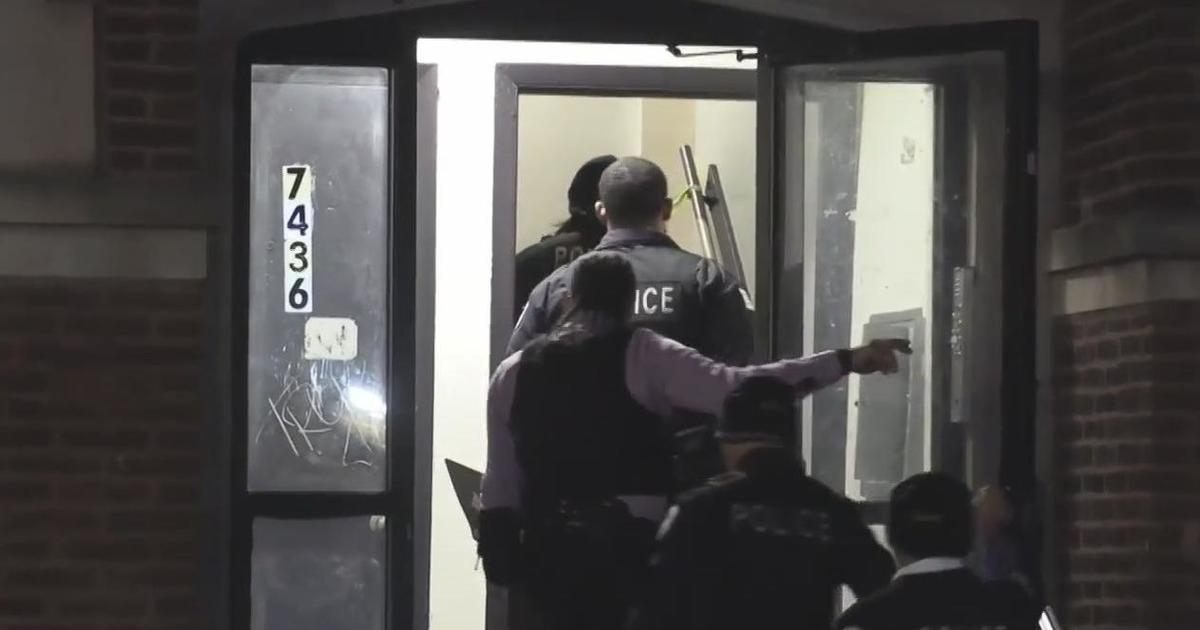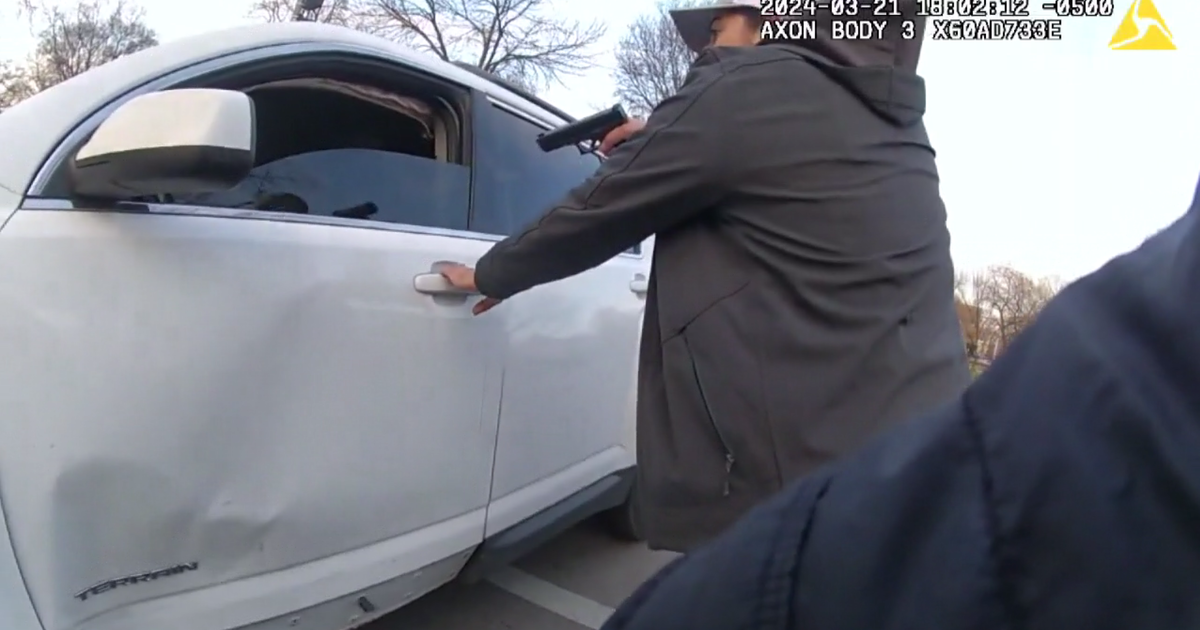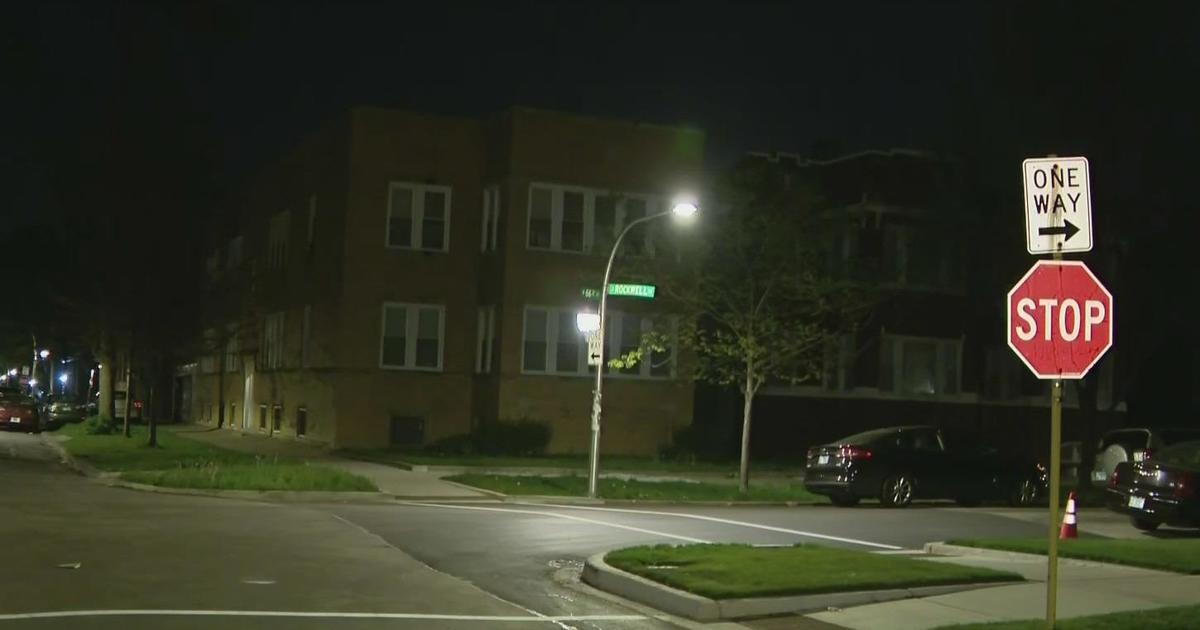'I Had Fear': What Some In Chicago Are Saying After Receiving The Johnson & Johnson COVID Shot Before It Was Pulled
CHICAGO (CBS) -- You can no longer get a Johnson & Johnson COVID vaccine, at least for now.
This, after six women in the U.S. developed severe side effects. What does mean if you've had the Johnson & Johnson COVID vaccine.
Or were about to get it.
CBS 2's Marie Saavedra reported Tuesday from Chicago State University, which 24 hours ago was exclusively giving out the Johnson & Johnson shot.
The news of the pause put an immediate stop to it. It comes down to the kind of clot found in these cases. This stoppage gives the government time to do more research, and it gives doctors and the rest of us time to learn how to recognize it.
"I received the vaccine this past Friday," said a woman named Alice.
Alice, who doesn't want her last name used, lives in the south suburbs and specifically sought out the Johnson & Johnson vaccine. Tuesday morning, the FDA and CDC gave her specific reason to worry.
"I had concern. I had fear," said Alice. "I respect the company for recognizing the potential for harm."
In a shared statement, the agencies recommended pausing J & J's vaccinations, due to the cases of six women, between 18 and 48, with a rare kind of blood clotting six to 13 days after their shots.
There is no obvious connection between them, other than they developed Cerebral Sinus Vein Thrombosis, which University of Chicago Medicine's Doctor Ken Cohen explained.
"They're describing patients who've got these blood clots, in these draining sinuses of the brain," Cohen said. "And so it's a different area than people are usually thinking about vein clots."
A different area means a similar but more delicate tactic to treat patients. The CDC said providers must ask about people's vaccine history.
"So we just have to be aware of the potential risks of our therapies, and choose our therapies based on that," Cohen said.
Those who received the Johnson & Johnson COVID vaccine must know the symptoms to look for. They are severe headache, leg pain, abdominal pain and shortness of breath. If you have any of those within three weeks of your one shot, you should see a doctor.
If it's been more than a month since your dose, the CDC said the risk is very low.
"I just think that it's added such a level of fear and maybe over reacting, and that's what I'm going to try not to do."
Still, Alice will keep a closer eye on how she's feeling until those three weeks are up.
The FDA said the pause of the Johnson & Johnson COVID vaccine is only expected to last a matter of days."
This is six in nearly seven million COVID vaccinations given.
At Chicago State and many other places, they're switching to Pfizer and working to reschedule all those previous appointments canceled today.



